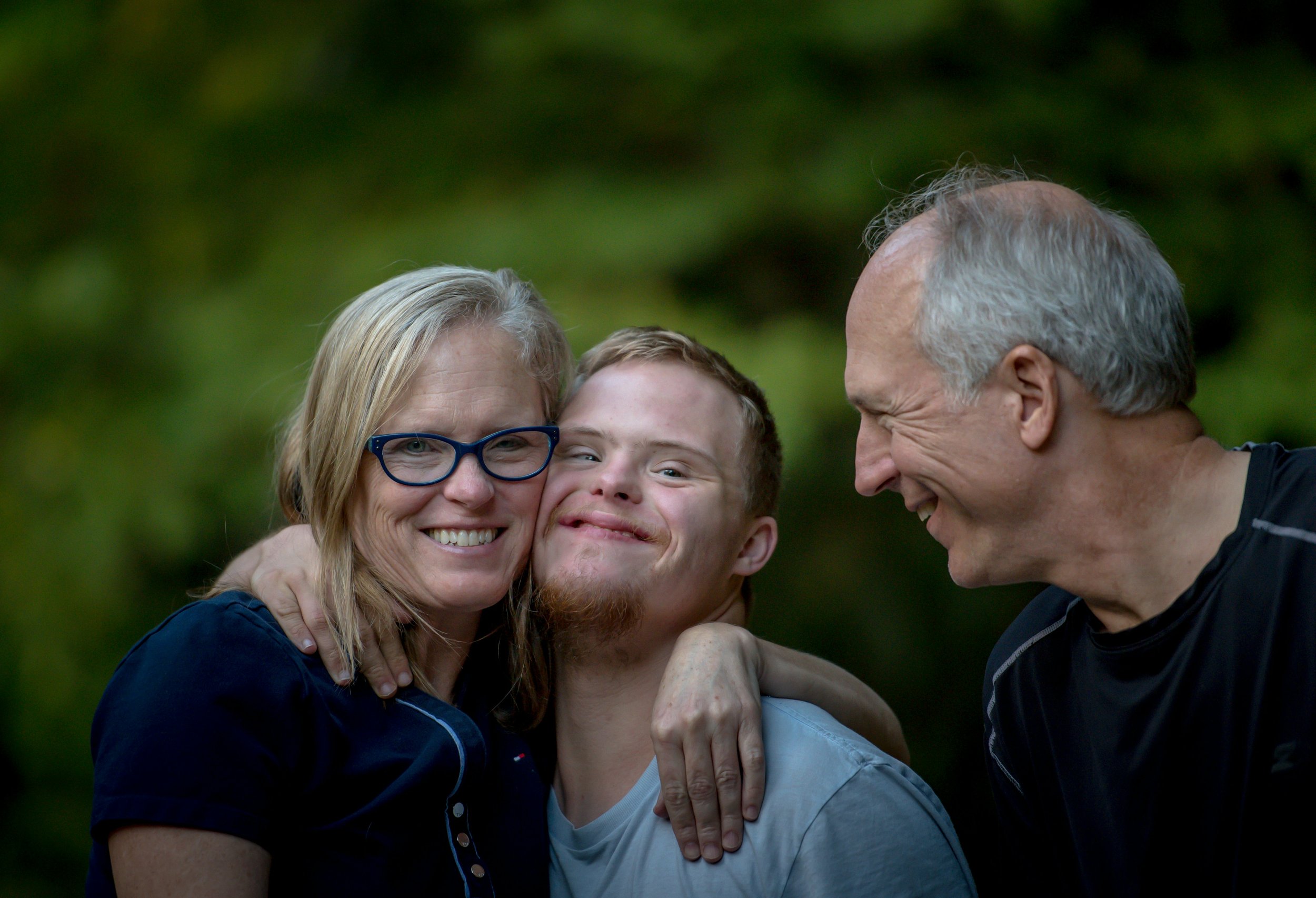Care Support
Our team of Care Support solicitors have the experience and skills to help clients with a wide range of requirements. From dementia care advice for the whole journey through dementia, stroke or Parkinson’s to NHS Continuing Healthcare Funding or Local Authority Funding to drafting Wills or Lasting Powers of Attorney.
Our team can advise on Court of Protection matters, that may either be a straightforward deputy application to a more complex matter regarding either the financial affairs or health matters.
Care Support Services
We deliver empathetic and easy to understand advice to clients regarding their care. We can advise family members or attorneys regarding their duties towards their loved one and advise them on some of the complex matters that arise with family disputes around the provision or location of care.
Dementia care
Living with dementia can be challenging for both individuals and their loved ones. That's why our specialist Solicitor, Hilary Cragg, provides a range of legal services designed to help you navigate the complexities of managing dementia care.
As your loved one's condition progresses, it can become more challenging for them to make important decisions related to their welfare, money, and care. At Nash & Co Solicitors, we're here to help you navigate this process and ensure that your loved one's best interests are always at the centre of any decisions made on their behalf.
Court of Protection
At Nash & Co Solicitors, we know that losing mental capacity is a daunting prospect for individuals and their loved ones. Where no attorney has been appointed, the Court of Protection is responsible for stepping in to help protect and empower those who lack the capacity to make important decisions for themselves.
Deferred Payment Agreements for Care Home Fees
When a loved one needs to enter a care home, the financial requirements can be daunting. If someone has a property but lacks immediate funds, a Deferred Payment Agreement (DPA) might be the answer. This option allows local authorities to cover care home costs temporarily, placing a charge on the property. When the property is sold, the deferred fees are repaid to the local authority.
NHS Continuing Healthcare funding
NHS Continuing Healthcare (CHC) funding is a crucial resource that provides fully funded care to individuals with complex, ongoing health needs, whether they're living in their own home or in a care home. As such, securing this funding can significantly reduce the financial burdens that may come with it, making it easier to access comprehensive, high-quality care without the worry of how you will fund it.
Stroke care
The impact of a loved one suffering a stroke can be highly distressing for them and their family. In the aftermath, the survivor and their relatives might require assistance in managing continuing legal matters. It's important here to acknowledge that each situation is unique; while some individuals may fully recuperate, others might face enduring challenges. For many, the journey toward recovery can be a lengthy process.
Parkinson’s care
A diagnosis of Parkinson's disease can be life-changing, not just for the person themselves, but for those around them. The diagnosis itself will inevitably bring a flurry of emotions, questions and uncertainty. While medical care and lifestyle adaptations take precedence, it's equally important to consider the legal aspects of managing life with Parkinson's.
Other services, including acquired brain injury and learning disabilities
Ensuring that you have a care plan in place that is appropriate and relevant to your needs can be a daunting task at the best of times. However, it’s even more challenging for individuals grappling with an acquired brain injury or a learning difficulty. The situation can be extremely challenging given the fact that every individual's circumstance is unique, calling for a personalised care plan that addresses their specific needs.
Best Interests Meeting
Sometimes, those involved in making decisions on behalf of an individual (who does not have mental capacity to make decisions themselves), can’t reach agreement on the best interests of the person in question. When this happens, it’s often decided that a Best Interests meeting is needed. Essentially, the purpose of this meeting is to determine what would be in the person's "best interests".
Managing people’s affairs
When an individual becomes unable to manage their own affairs, the role of an attorney or deputy becomes critical. This situation could arise due to various circumstances, such as a serious illness, an accident, or a condition like Parkinson's or dementia. Essentially, the role of the designated attorney or deputy is to step in to ensure that the individual's financial, legal, and sometimes healthcare decisions are made responsibly, ethically, and in the person's best interest.
Get in touch
Fill out the form below and let us know whether you would like us to call you, or email you. One of our Care Support team will be in touch as soon as we can.
If your inquiry is urgent then please call us on 01752 664444











